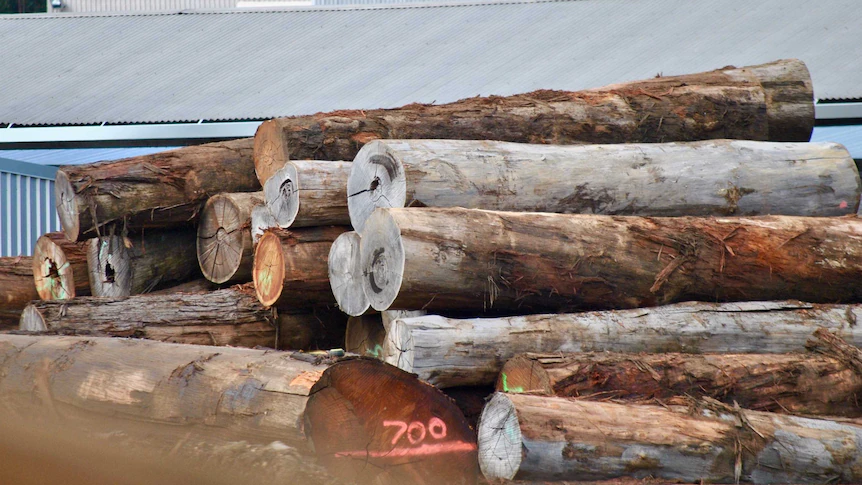



Article by: Hari Yellina
As the timeframe for the state government’s native forest harvesting ban approaches, one of Western Australia’s largest sawmills will shut its doors and lay off people. The Greenbushes karri and marri mill, located around 240 kilometres south of Perth, will close on Friday. Around 50 local workers are expected to lose their employment. The decision was attributed to the state government’s restriction on native forest harvesting by 2024, according to forestry advocacy organisation Forest Industries Federation WA (FIFWA). As the deadline approached, Chief Executive Officer Adele Farina said it was “very upsetting” and that more forestry operations in WA’s south-west region will close.
“When the Premier [Mark McGowan] announced that native forestry would be phased out by the end of 2023, he made it quite clear that it would be business as usual until then,” she added. “Had that agreement been kept, the community of Greenbushes would not be in this dire condition, and workers would have been able to continue working for at least another 12 to 18 months.” Parkside Group, the mill’s owners, also had timber mills in Nannup and Manjimup, which the ABC understands would remain operating. The mill shutdown, according to Shire of Bridgetown-Greenbushes president Jenny Mountford, should protect the region’s economy due to the region’s diversification in other industries. However, she stated that it would have a negative impact on people’s privacy.
“It’ll undoubtedly have an effect.” Ms Mountford said the administration had little information on who might be affected in the community. “We’ll definitely be working on it over the next several days to see what help we can provide in terms of care and understanding,” she said. Dave Kelly, the WA Minister for Forestry, has been asked to comment. In September of last year, the WA government announced that native timber cutting would be phased out by 2024. Mr McGowan stated at the time that the decision would conserve 400,000 hectares of native forests and would be a significant step forward in the fight against climate change.
More investment in new softwood plantations in the state’s south-west was part of the proposal, which the government claimed was a more sustainable choice. The timber industry, on the other hand, said the announcement caught them off guard, with many operators discovering about the decision through the media. The decision, according to the industry, would be disastrous for places where local mills had been the main source of employment for generations. After that, the government launched a $50 million transition plan to help affected workers leave the industry. It featured lump-sum compensation based on the length of time the person had worked in the industry, as well as cash for retraining and job search. If a worker had been in the industry for over ten years, they would be paid nearly $50,000.